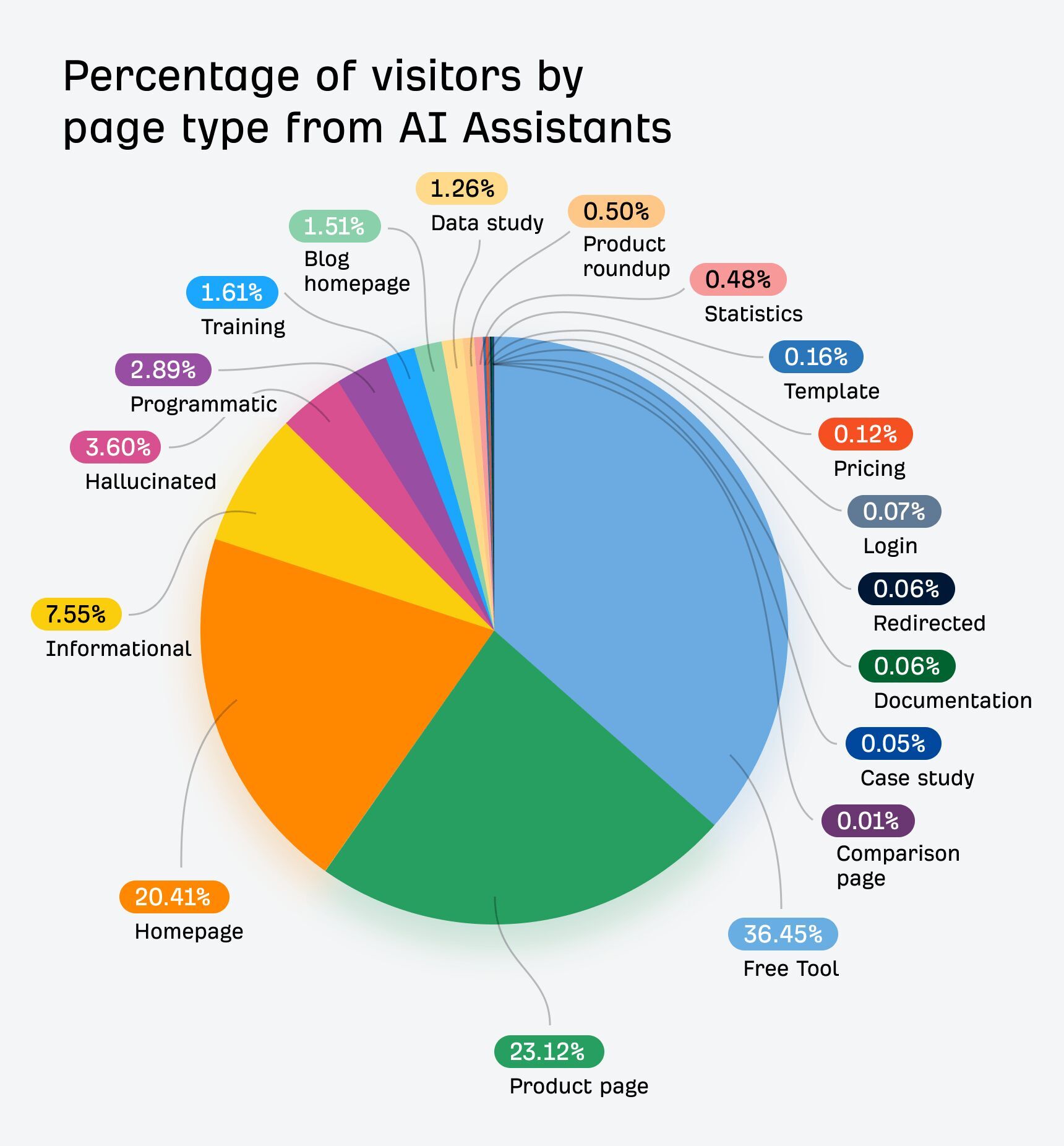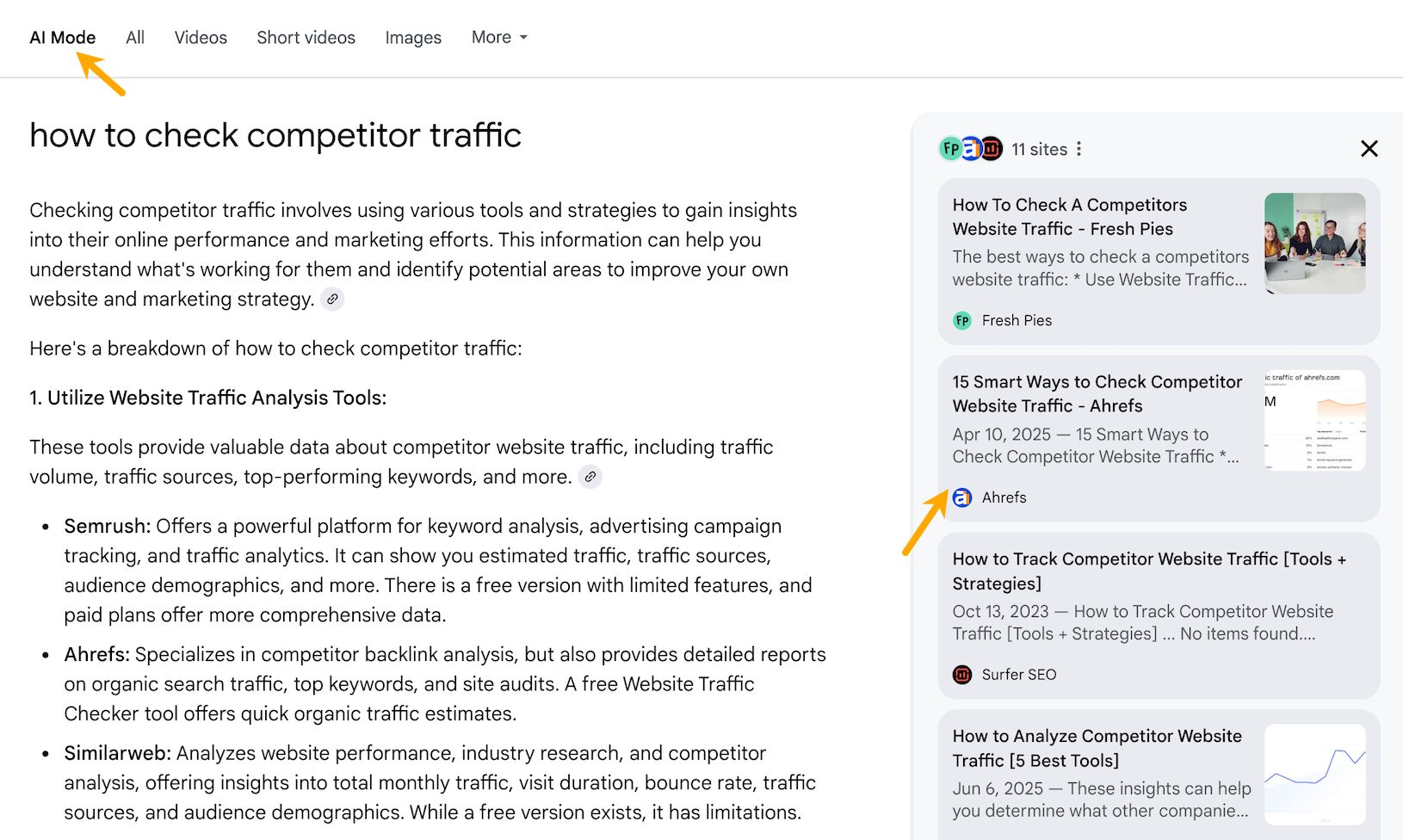Generative Engine Optimization: Growth Strategies and Metrics for the AI Era
Discover Generative Engine Optimization (GEO) strategies for 2025. Learn how to optimize content for AI-driven engines like ChatGPT and Gemini to boost brand visibility and engagement.
In 2025, the digital landscape is evolving with the rise of generative AI engines like ChatGPT, Google’s Gemini, and Bing CoPilot. These AI-powered systems don’t just index websites—they synthesize, summarize, and directly answer user queries. This shift has birthed Generative Engine Optimization (GEO), a new discipline focused on ensuring your brand and content shine in AI-generated responses. Whether you’re a blogger, business, or content creator, GEO is key to staying visible in a world of “zero-click” answers. Tools like Link-Trim.in enhance your GEO strategy by creating short, branded URLs that boost trust and engagement across platforms. This guide explores GEO strategies and metrics to thrive in the AI era.
🚀 What is Generative Engine Optimization (GEO)?
Generative Engine Optimization (GEO) is the practice of optimizing your online presence—content, brand, and assets—so that generative AI engines like ChatGPT, Google’s Gemini, or Bing CoPilot consistently reference and highlight your business in their answers. Unlike traditional SEO, which targets search result rankings, GEO ensures your brand appears in AI-generated summaries, recommendations, and conversational responses. For example, if a user asks, “What are the best marketing tools in 2025?” a GEO-optimized site might be cited as a top solution, driving visibility and credibility.
GEO involves crafting structured, authoritative, and conversational content that aligns with how AIs process and present information. By optimizing for both human readers and AI algorithms, you increase the chances of being featured in “zero-click” answers, where users get solutions without visiting a website.
🔑 Why GEO Now?
As generative AI reshapes how users discover information, GEO is becoming essential for digital success. Here’s why it matters in 2025:
- AI-Driven Search Dominance: Younger audiences increasingly rely on AI chatbots like ChatGPT for answers, bypassing traditional search engines.
- Zero-Click Results: Generative engines provide direct answers, reducing clicks to websites. GEO ensures your brand is part of these answers.
- Shaping Brand Narratives: AIs influence opinions and buying decisions by curating responses. Being featured builds trust and authority.
- Future-Proof Visibility: Optimizing for AI engines positions your brand for the next wave of digital discovery, blending human and machine curation.
For instance, a small business optimizing for GEO might appear in a Gemini response to “best local coffee shops,” driving foot traffic without relying on traditional search rankings. GEO is the key to staying relevant in an AI-driven world.

Image credit: Ahrefs
📋 Key GEO Growth Strategies
GEO requires a strategic approach to align with AI engines’ unique processing. Here are five essential strategies for success in 2025:
- Structured & Factual Content: Ensure your content is accurate, up-to-date, and well-cited. Use schema markup (e.g.,
FAQ,HowTo,Product) to help AIs parse and verify your data. Publish detailed knowledge bases, like FAQs or guides, to answer common queries. - Brand and Author Authority: Build credibility with expert-authored content and visible credentials. Earn media mentions from reputable publications, as AIs prioritize trusted sources. Encourage customer reviews to enhance brand trust.
- Open Data and API Integrations: Expose public APIs or datasets to make your information accessible to AI engines. Partner with industry directories or aggregators, as AIs often crawl these for reliable data.
- Conversational Content Optimization: Write content in a Q&A format, using natural language that mirrors user queries (e.g., “What are the best GEO tools?”). Concise, direct answers increase the likelihood of being featured in AI responses.
- Refresh and Update Regularly: Keep content fresh with current stats, trends, and dates. AIs down-rank outdated information, so regularly update key pages to maintain relevance.
These strategies create a robust GEO framework, ensuring your brand is discoverable and authoritative in AI-generated outputs.
📈 Metrics to Measure GEO Success
Measuring GEO performance goes beyond traditional SEO metrics like traffic or rankings. Focus on these key indicators to gauge success:
- Brand Mentions in AI Outputs: Track how often your brand is named or cited in AI-generated answers or lists using tools like Brand24 or custom monitoring scripts.
- Inclusion in Zero-Click Summaries: Monitor your presence in AI “answer boxes” or direct responses via platforms like ChatGPT or Gemini.
- Citation Frequency: Measure how often your URLs are referenced in AI chat responses, using link tracking tools like Link-Trim.in.
- Conversational Share of Voice: Compare your brand’s appearance in AI outputs versus competitors, using tools like SEMrush or Ahrefs.
- API/Knowledge Base Usage: Track how often AI engines access your public APIs or databases, using analytics from your hosting provider.
- Referral Conversions: Measure clicks or purchases traced from “as referenced by” mentions in AI chats, using Google Analytics or similar tools.
Tools like Google Analytics, Brand24, or custom API analytics provide insights into GEO performance. Regular monitoring helps refine your strategy and adapt to evolving AI algorithms in 2025.
🛠️ Actionable Tips for GEO
Start optimizing for generative engines with these practical steps:
- Monitor Generative AI Engines: Regularly test how ChatGPT, Gemini, and other AIs respond to queries in your niche. Note whether your brand appears and adjust content accordingly.
- Leverage Short, Trackable Links: Use Link-Trim.in to create branded, trackable URLs for social media and AI-driven referrals, analyzing click patterns to optimize further.
- Solicit User Feedback: Encourage visitors to share how they found your site, as many now arrive via AI summaries rather than traditional search.
These actions help you stay proactive, ensuring your content aligns with AI engines’ preferences and drives meaningful engagement.

Image credit: Ahrefs
🏆 Final Thoughts
Generative Engine Optimization is reshaping digital marketing as AI engines like ChatGPT and Gemini become central to online discovery. By structuring content for clarity, building authoritative signals, and tracking AI-specific metrics, you can ensure your brand thrives in the AI era. Tools like Link-Trim.in amplify your efforts by creating shareable, SEO-friendly URLs that enhance visibility across platforms. GEO isn’t a one-time task—it’s an ongoing strategy to stay ahead in a machine-curated web.
Start optimizing today to secure your place in AI-generated answers. Monitor your performance, refresh your content, and leverage trusted tools to maintain a competitive edge in 2025’s digital landscape.
🎯 Get Started with GEO
Ready to boost your brand’s visibility in AI-driven responses? Begin by auditing your content for GEO readiness, testing AI engine outputs, and optimizing with structured data and conversational formats. Use Link-Trim.in to create trackable, branded links that enhance engagement and monitor referral patterns. Have questions about GEO or link management? Visit Link-Trim.in to explore seamless URL shortening and start dominating AI-driven discovery today!